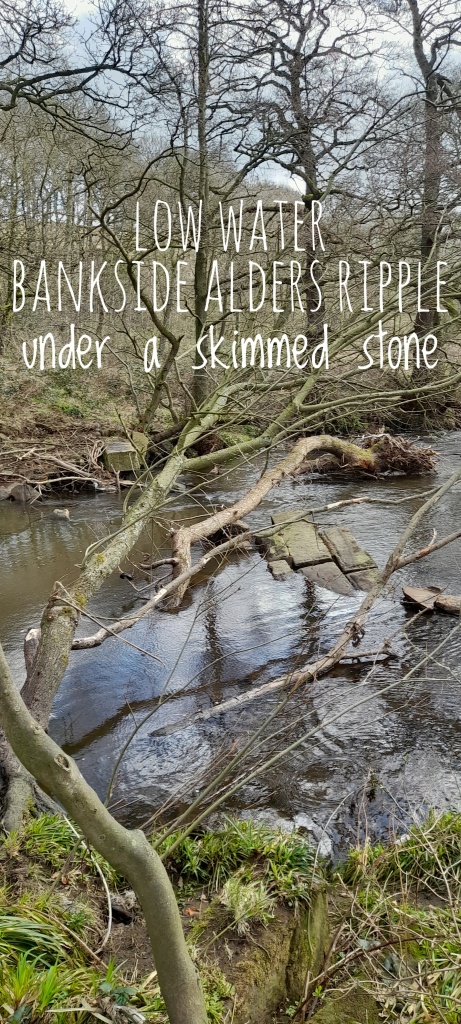
It’s taken me a while to get round to doing this post, but here it is. During a poetry walk led by Steve Ely for our local arts’ week last Sunday morning, I produced the photo haiku above. It’s a while since I participated in this sort of poetry event and it was good to see some familiar faces again, and to hear Steve’s take on the local landscape. However, listening to poetry on the walk, and then at a reading the following evening, made me realise how far away from that sort of poetry I’d moved (given that I almost exclusively read and write haiku now). This is not a complaint, simply an observation. I enjoy words in a different way these days: they need to be less involved with the imagination and more connected to things, more in touch with the surroundings. And I need to feel that connection too. Walking helps. I do it daily, and would probably do more and go further if work/ life didn’t get in the way. I’ve been reading Santoka recently. I admire his dedication to the act of walking, of going forward, following the philosophy of ‘step by step, you arrive’. He spent years on the road; I’m lucky if I spend an hour and a half walking in any one given day. He bedded down in rented rooms of varying degrees of discomfort, whereas I can return to the comfort of my own home. There’s no doubt that some of the hardships he endured shaped his thinking and his poetry:
Into my begging bowl ,
too,
the hail.
Tossing away
a pried out tooth:
evening dusk.
Sumita Oyama trans. William Scott Wilson, The Life and Zen Haiku of Santoka Taneda (Tuttle, 2021)
There’s something about the immediacy of Santoka’s poems that gives me a little shiver down my spine. I can absolutely enter the poet’s world through his words. Perhaps this is lazy thinking, lazy living, enjoying the poet’s experience from an armchair rather than experiencing those trials for oneself. But at least it affords me some awareness.
I need to mention Dave Bonta’s work here. His recent sequences have given me that same shiver down the spine, that sense of experiencing what the poet is experiencing. Take for example, the following photo haiku:

I love the eeriness of the image, the sense of acceptance that he bestows on the fridge (of all things)! Dave is phenomenally productive. I admire (and envy) the countless hours he must spend outdoors, being in the landscape, being in the moment, distilling that into words, marrying words and image. If you don’t follow his Woodrat photohaiku blog, you should. And if you haven’t read Santoka, give his work a try, enter his world for a while:
Somehow, right here,
I want to settle down:
evening moon.
Sumita Oyama trans. William Scott Wilson, The Life and Zen Haiku of Santoka Taneda (Tuttle, 2021)

Thanks so much for your kind words. I too admire Santoka and aspire to be as good a walker as he was. You’re right, my leisure time is a huge privilege, which is why I try to share as much from it as I can.
LikeLiked by 1 person
That’s a really generous approach, Dave, sharing the work. I must stop moaning about how much time my job takes up! It’s really not important in the scheme of things, and I’m very grateful to have it. It actually enables me to do lots of things I couldn’t afford to do otherwise!
Here’s another one I like from Santoka:
With a submissive heart,
my rice
steamed away.
Perfectly simple, and accepting. I have a lot to learn.
Julie x
LikeLiked by 1 person